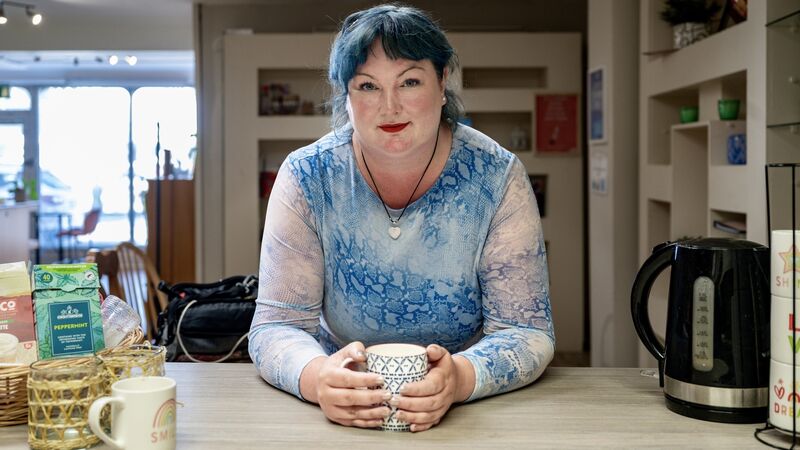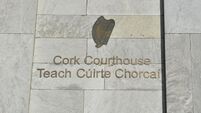'Having hope is really important': Cork woman on Huntington's breakthrough

Éadaoin Berkeley: 'I think it’s really good news and a great success story for myself and others in the Huntington's community.' Picture: Chani Anderson
A breakthrough treatment for Huntington’s disease has been welcomed as "hope for the future" by a Cork woman living with the devastating condition.
Huntington’s disease, a degenerative illness that runs in families, has been treated successfully for the first time in a gene therapy trial.















